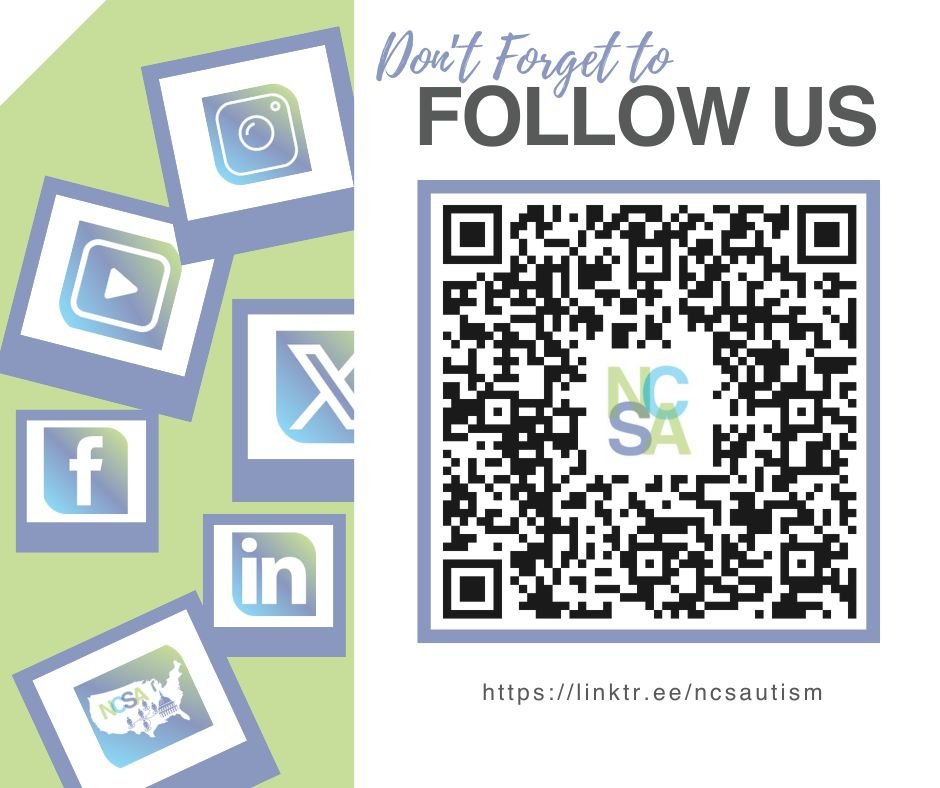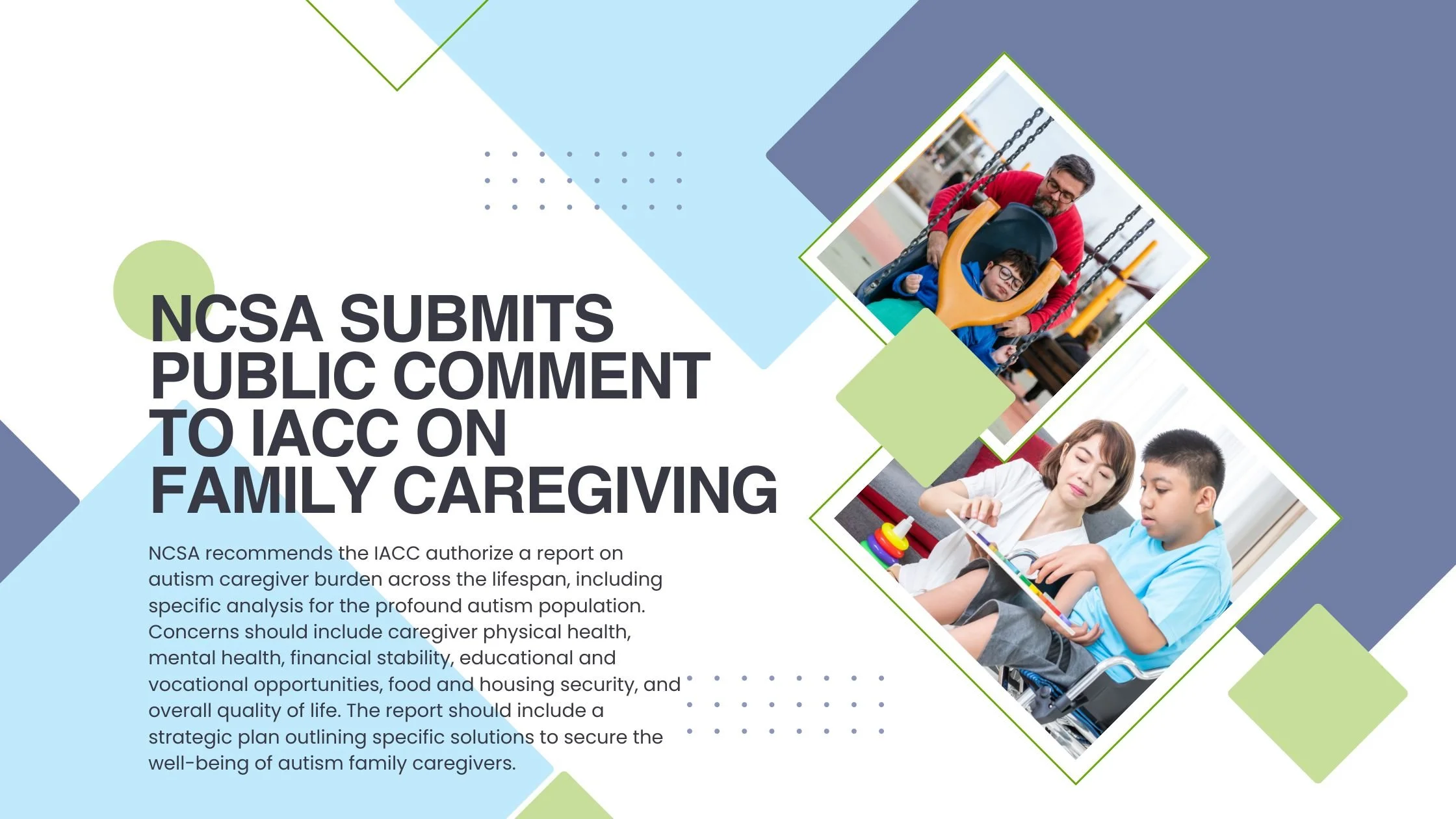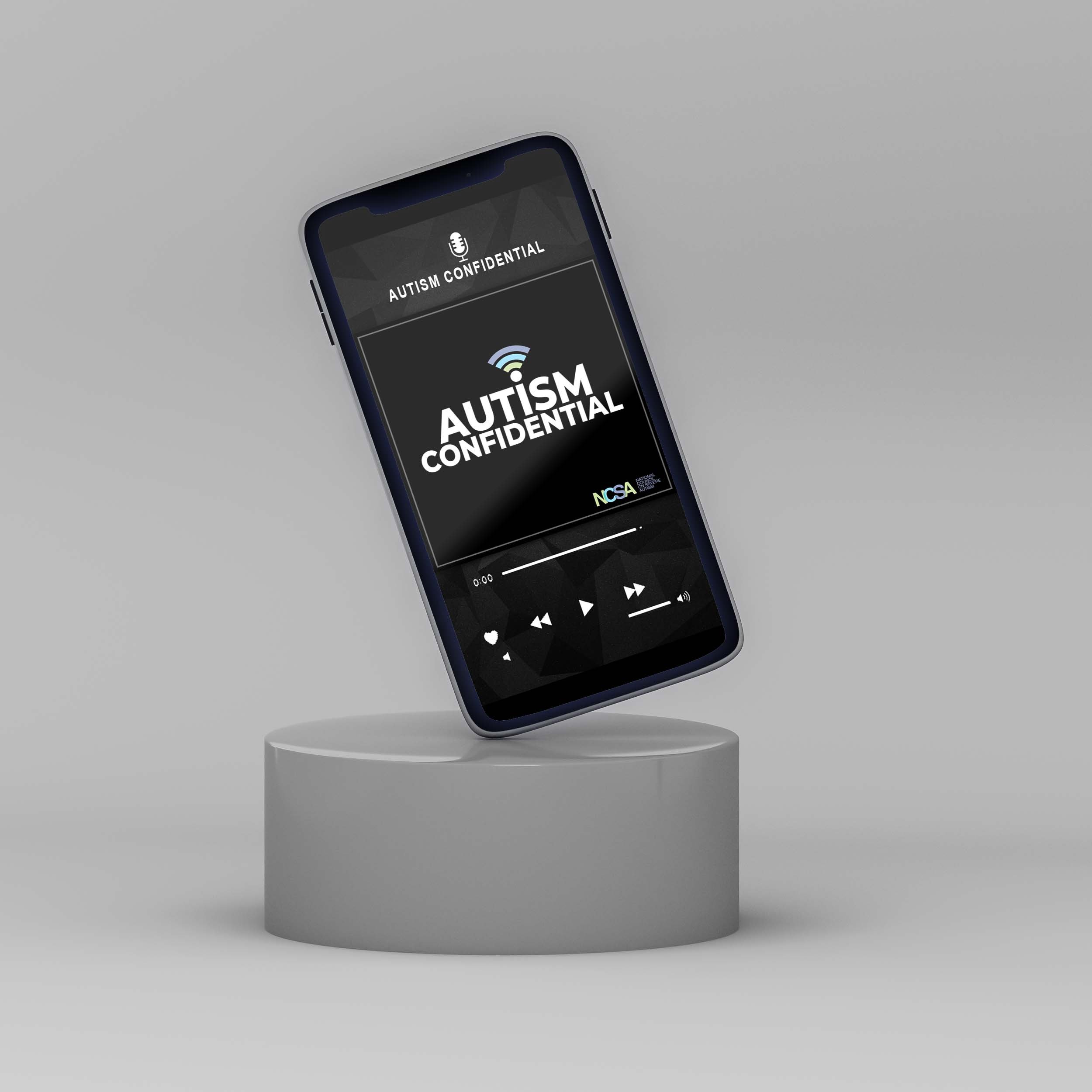





Upcoming Events
NCSA Blog
NCSA Position Statements
NCSA has adopted the following positions on pressing issues facing our community.
Personal Safety and Abuse Prevention
Access to Appropriate Health Care and Crisis Care
Medicaid HCBS Residential Policies
Educational Placements
New! Language, Images and Depictions Concerning Severe Autism
NCSA Podcast
NCSA National Network
Sign up for our National Grassroots Network
NCSA on Facebook
NCSA is very active on Facebook, please follow us for news and updates.
NCSA YouTube Channel
Video: Act Now for Severe Autism
Learn more at Act Now for Severe Autism.
NCSA Webinars
NCSA Webinar Series - Register
2024 Archive
5/29/24 Crisis Care here
5/15/24 Eileen Lamb here
4/24/24 Behavioral Treatment here
4/10/24 Insurance Coverage for Autism here
3/27/24 Seizures and Epilepsy in Severe Autism here
2/28/24 Discrimination by Design here
2/15/24 Autism’s Rising Rates here
2/8/24 Reauthorization of the CARES Act here
2023 Archive
11/8/23 Autism & Psychiatry: Guide to Navigating Treatment here
10/11/23 Chasing the Intact Mind here
9/13/23 Intro to State Advocacy here
3/14/23 The Case for Profound Autism here
2022 Archive
1/11/22 The Crisis in Crisis Care here
1/27/22 Supported Financial Planning here
2/17/22 ABLE Accounts here
3/11/22 Homeless by Design here
4/14/22 After Parents Are Gone: Building a Circle of Support here
9/23/22 Autism Family Safety here
2021 Archive
2/19/21 What’s Wrong With Facilitated Communication? here
3/25/21 NCSA Policy Summit here
4/27/21 Treating Challenging or Dangerous Behaviors, Part 1: Medical Support here
5/27/21 Treating Challenging or Dangerous Behaviors, Part 2: Insurance here
6/24/21 Treating Challenging or Dangerous Behaviors, Part 3: Behavioral and Sensory Support here.
8/26/21 Transition Plans here.
10/13/21 Reforming the DSM here
NCSA Newsletter
June 2019 here
August 2019 here
January 2020 here
March 2020 here
April 2020 here
June 2020 here
July 2020 here
August 2020 here
September 2020 here
October 2020 here
November 2020 here
December 2021 here
January 2021 here
February 2021 here
March 2021 here
April 2021 here
April 2021 Update here
May 2021 here
June 2021 here
July 2021 here
August 2021 here
September 2021 here
October 2021 here
November 2021 here
December 2021 Research Roundup here
January 2022 here
February 2022 here
March 2022 here
April 2022 here
April 2022 v2 here
April 2022 v3 here
May 2022 here
June 2022 here
July 2022 here
August 2022 (no newsletter)
September 2022 here
October 2022 here
October 2022 v2 here
November 2022 here
December 2022 here
2022 in Review here
January 2023 here
February 2023 here
March 2023 here
March 2023 (CDC) here
April 2023 here
May 2023 here
June/July 2023 here
August 2023 here
September 2023 here
October 2023 here
November 2023 here
December 2023 here







































The fundamental flaw in this approach is not that we celebrate independence—it's that we've allowed independence to become a prerequisite for human dignity. The true antidote to eugenic thinking isn't proving that disabled people can be productive; it's rejecting productivity as a measure of human value altogether.